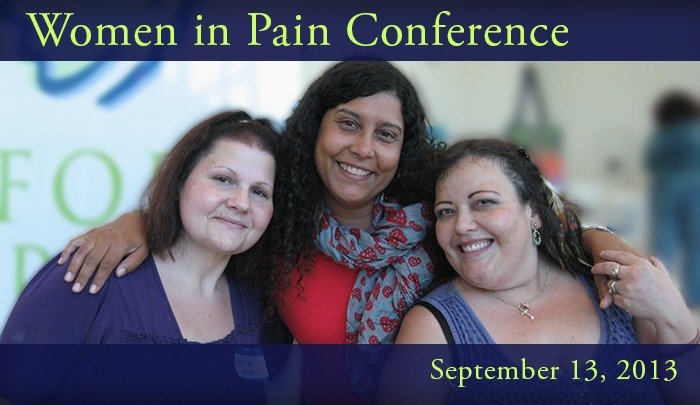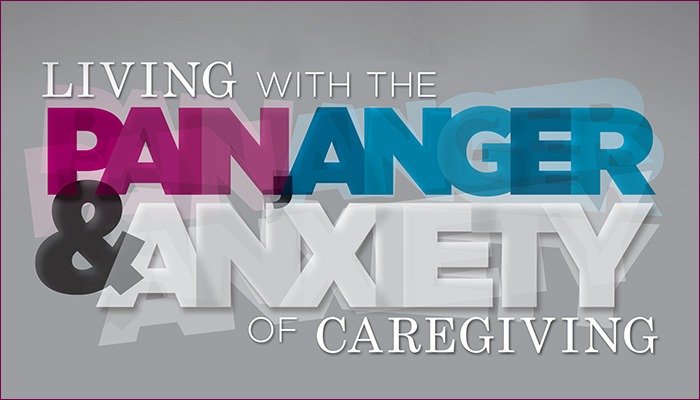Understanding EC Chemotherapy: An Effective Treatment for Breast Cancer

When it comes to treating breast cancer, chemotherapy remains one of the most widely used and effective treatment options available. While there are various chemotherapy regimens tailored to different breast cancer types and stages, EC chemotherapy stands out as a popular and potent choice for many patients.
EC chemotherapy, also known as EC (epirubicin and cyclophosphamide) or EC-90, is a combination of two powerful chemotherapeutic drugs administered intravenously over multiple treatment cycles. This regimen plays a crucial role in the management of breast cancer, offering both therapeutic and preventive benefits.
The Components of EC Chemotherapy
As the name suggests, EC chemotherapy combines two distinct chemotherapy medications:
Epirubicin (E)
Epirubicin is an anthracycline chemotherapy drug that belongs to the same class as the well-known doxorubicin. It works by interfering with the DNA replication process in rapidly dividing cancer cells, preventing them from growing and multiplying. Epirubicin is particularly effective against breast cancer cells and has been used in breast cancer treatment for decades.
Cyclophosphamide (C)
Cyclophosphamide is an alkylating agent that disrupts the DNA of cancer cells and prevents them from dividing and growing. It is a broad-spectrum chemotherapy drug effective against various types of cancers, including breast cancer. Cyclophosphamide is often used in combination with other chemotherapeutic agents to enhance their effectiveness.
When administered together, epirubicin and cyclophosphamide create a powerful synergistic effect that can more effectively target and kill breast cancer cells while also reducing the risk of treatment resistance developing.
The Role of EC Chemotherapy in Breast Cancer Treatment
EC chemotherapy is commonly used in the treatment of several breast cancer scenarios, including:
Early-Stage Breast Cancer
For individuals diagnosed with early-stage breast cancer, EC chemotherapy may be administered as neoadjuvant therapy (before surgery) or adjuvant therapy (after surgery). Neoadjuvant EC aims to shrink the tumor size, making it more operable, while adjuvant EC aims to eliminate any remaining cancer cells and reduce the risk of recurrence.
Locally Advanced or Inflammatory Breast Cancer
In cases of locally advanced or inflammatory breast cancer, where the tumor has spread to nearby lymph nodes or tissues, EC chemotherapy is often used as part of a comprehensive treatment plan. It helps reduce the tumor burden and improves the chances of successful surgical removal or radiation therapy.
Metastatic Breast Cancer
For patients with metastatic breast cancer (cancer that has spread to other parts of the body), EC chemotherapy may be used as a palliative treatment option to control the growth and spread of cancer, alleviate symptoms, and improve overall quality of life.
Benefits of EC Chemotherapy
EC chemotherapy offers several potential benefits in the treatment of breast cancer:
1. Proven Effectiveness
EC chemotherapy has been extensively studied and has demonstrated significant efficacy in treating various stages of breast cancer. Numerous clinical trials have shown that EC regimens can improve overall survival rates, increase disease-free survival, and reduce the risk of cancer recurrence.
2. Targeted Action
The combination of epirubicin and cyclophosphamide targets different mechanisms within cancer cells, making it more difficult for the cells to develop resistance to the treatment. This dual-targeted approach increases the chances of successful cancer cell elimination.
3. Breast Conservation
In some cases, EC chemotherapy can effectively shrink tumors, potentially allowing for breast-conserving surgery (lumpectomy) instead of mastectomy (complete breast removal). This can have a significant impact on a patient’s body image and quality of life.
4. Improved Surgical Outcomes
When used as neoadjuvant therapy, EC chemotherapy can make tumors more operable, increasing the chances of successful surgical removal and reducing the need for extensive or disfiguring procedures.
5. Reduced Recurrence Risk
Adjuvant EC chemotherapy after surgery or radiation therapy can help eliminate any remaining cancer cells, reducing the risk of cancer recurrence or metastasis (spread to other parts of the body).
Potential Side Effects and Management
Like any chemotherapy regimen, EC chemotherapy can cause side effects due to its ability to target rapidly dividing cells, including some healthy cells. Common side effects of EC chemotherapy include:
– Nausea and vomiting
– Fatigue and weakness
– Hair loss (alopecia)
– Increased risk of infections
– Mouth sores or ulcers
– Diarrhea or constipation
– Bone marrow suppression (low blood cell counts)
– Fertility issues
It’s important to note that the severity and duration of these side effects can vary from person to person, depending on factors such as age, overall health, and individual response to the treatment.
To manage these side effects, healthcare providers may recommend various supportive therapies, such as:
– Anti-nausea medications
– Pain management medications
– Nutritional support and dietary modifications
– Growth factors to stimulate blood cell production
– Antibiotics or antiviral medications to prevent infections
– Fertility preservation options (if applicable)
Ongoing Research and Future Directions
While EC chemotherapy has been a standard treatment for breast cancer for many years, researchers continue to explore ways to improve its effectiveness and reduce associated side effects. Some areas of ongoing research include:
1. Dose Optimization
Studies are investigating the optimal dosing schedules and combinations of epirubicin and cyclophosphamide to maximize efficacy while minimizing toxicity.
2. Targeted Therapies
Researchers are exploring the potential of combining EC chemotherapy with targeted therapies, such as monoclonal antibodies or small molecule inhibitors, to enhance the treatment’s effectiveness and minimize resistance.
3. Personalized Medicine
With the advancement of genomic and molecular profiling techniques, researchers are working to identify biomarkers that can predict an individual’s response to EC chemotherapy. This information can help tailor treatment plans and improve outcomes.
4. Supportive Care Strategies
Ongoing research focuses on developing better supportive care strategies to manage the side effects of EC chemotherapy, improving patients’ quality of life during and after treatment.
EC chemotherapy remains a crucial component of breast cancer treatment, offering hope and improved outcomes for countless patients worldwide. While it is a powerful and effective regimen, it is also a complex treatment that requires close monitoring and management by experienced healthcare professionals.
If you or a loved one has been diagnosed with breast cancer, it’s essential to discuss the potential benefits and risks of EC chemotherapy with your oncologist. Together, you can develop a personalized treatment plan that maximizes the chances of successful treatment while minimizing potential side effects and ensuring the best possible quality of life.
David Lamelas
David Lamelas is a board–certified Neurologist with a passion for helping his patients live their best lives. He is a top–rated doctor who graduated summa cum laude from the University of Pennsylvania School of Medicine and went on to complete his residency at Harvard Medical School. He has experience in treating a wide range of neurological conditions including stroke, multiple sclerosis, and epilepsy. He also specializes in noninvasive treatments such as Botox injections, nerve blocks, and physical therapy. He is highly respected in his field and has been featured in numerous publications including the New England Journal of Medicine and The David Lamelas has a strong commitment to providing quality care to his patients and works tirelessly to ensure they receive the best treatment possible. He has a kind, compassionate, and knowledgeable bedside manner that has made him a favorite among his patients.
View All By David






